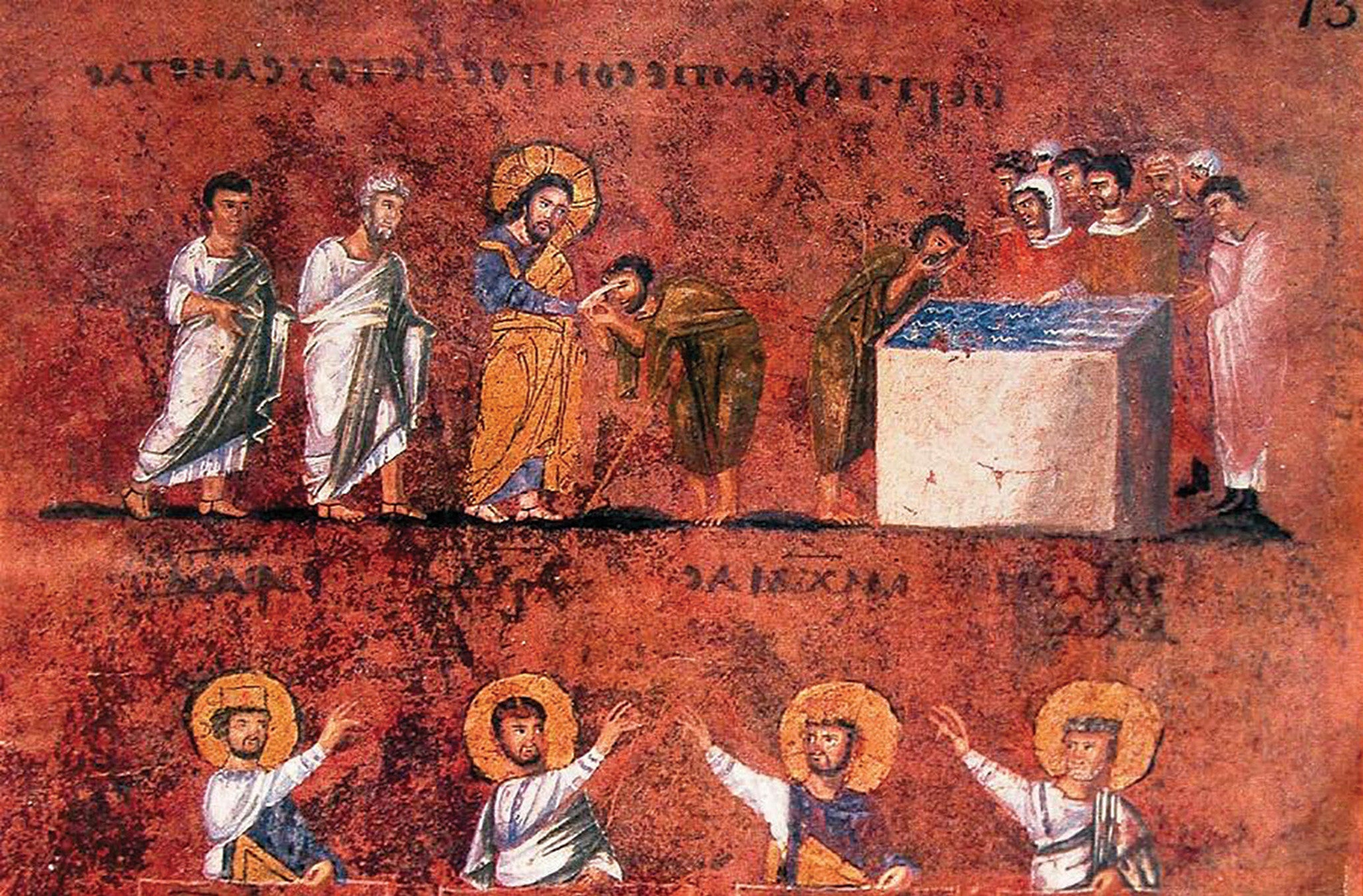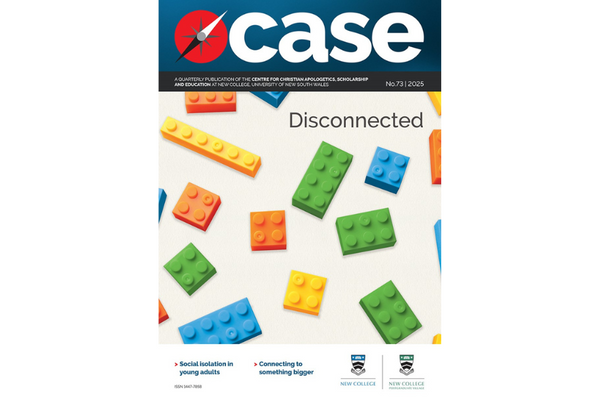Book Review: The Gospel of the Lord

Michael Bird, a New Testament scholar at Ridley College, describes himself as a biblical theologian endeavouring to bring together biblical studies and systematic theology. He believes the purpose of the church is to preach, promote, and practise the Gospel-story of the Lord Jesus Christ. The latter is clearly on display in this new book.
The Gospel of the Lord has a ‘simple’ agenda: to explore how the Gospels were shaped by the early Christian movement, and how in turn they ‘came to shape the movement themselves’. You don’t need to be a systematic theologian or New Testament scholar to understand and enjoy this book. If you ever ask serious questions of Scripture or talk from time to time with others who toss hard questions your way about Scripture and its authenticity, then you should read this book.
Bird has an engaging writing style and brings the reader along with him as he lays out his case, anticipating readers’ questions on the way. He explores diverse arguments and a wide range of biblical scholars, with some of whom I suspect he shares less common ground than he’d like. In exploring wide territory he always brings his argument back to his key quest: to help his readers consider the origins and purpose of the four books of the Bible we call Gospels.
The structure of the book is straightforward and covers six key topics that build on one another:
1) The journey from the oral to the written Gospel
2) The purpose and preservation of the Jesus tradition
3) The factors leading to the formation of the Jesus tradition
4) The literary genetics of the Gospels—what’s shared, what’s not, and perhaps why?
5) Understanding the genre and goals of the Gospels
6) The formation of the fourfold Gospel.
One of the fundamental questions driving the book is why we have these four Gospels and not some of the other 40-50 documents claiming to be ‘gospels’. Bird works away at this base question throughout the book with each chapter moving us forward in the discussion. Topics can be explored at two levels. You can read the main chapter and his conclusions step by step. But if you want more depth, he adds additional background material at the end of each chapter. These excurses flesh out the arguments in the main part of the chapter.
For example, in a section focusing on the genre and goal of the Gospels, Bird expands upon a question I frequently hear: Why were so many ‘gospels’ rejected? He unpacks three main arguments. First, the non-canonical gospels describe a ‘Jesus’ not fully recognisable as the Jesus of sacred writings and the teaching of the apostles. Second, these texts and fragments tend to be ‘esoteric, elitist, and erroneous in what they affirm about God, creation, sin, holiness, ethics, and redemption’. And third, they didn’t originate amongst the earliest followers of Jesus, but tend to be later and dominated by specific causes and arguments (p293). He concludes that Matthew, Mark, Luke and John made it into the canon due to their central focus on the Lord Jesus. They show that Christianity is about following Jesus and are reminders of his words and deeds that were central to the thoughts, prayers and devotions of the early church (p330).
I enjoyed The Gospel of the Lord. Bird offers an engaging and comprehensive argument for the primary place of the canonical Gospels. The Bible is continually dismissed by New Atheists for its inaccuracies and the so-called selectivity of what it contains. Bird’s book offers an excellent foundation for any defence of the key place the four Gospels have in the Bible. If you want to know more about the historical Jesus, or want to be able to give an answer to those who seek to dismiss the Bible, then you should read this book. It is not a light introductory apologetic resource, but what Mark Noll has called ‘believing criticism’. Bird assumes that Scripture is the inspired word of God, but he understands that serious Bible study is enriched when we ‘commit ourselves to studying it in light of the contexts and processes through which God gave it to us’ (p68).
Bird challenges us to spend time considering research on the historical Jesus. I’d encourage you to start by reading his book.

Michael F. Bird, ‘The Gospel of the Lord: How the Early Church Wrote the Story of Jesus’, William B. Eerdmans Publishing Company, Grand Rapids (Mich.) 2014.
Leave a comment
Comments will be approved before showing up.



